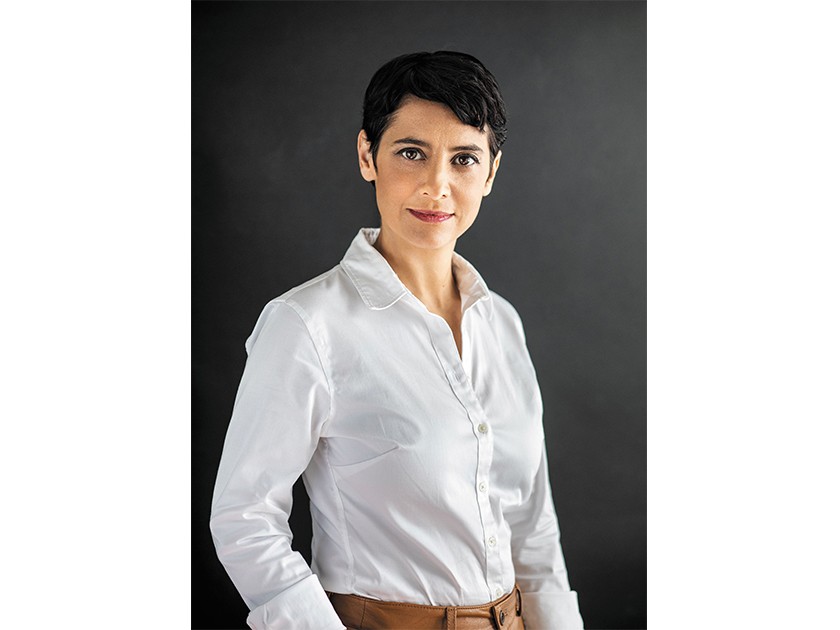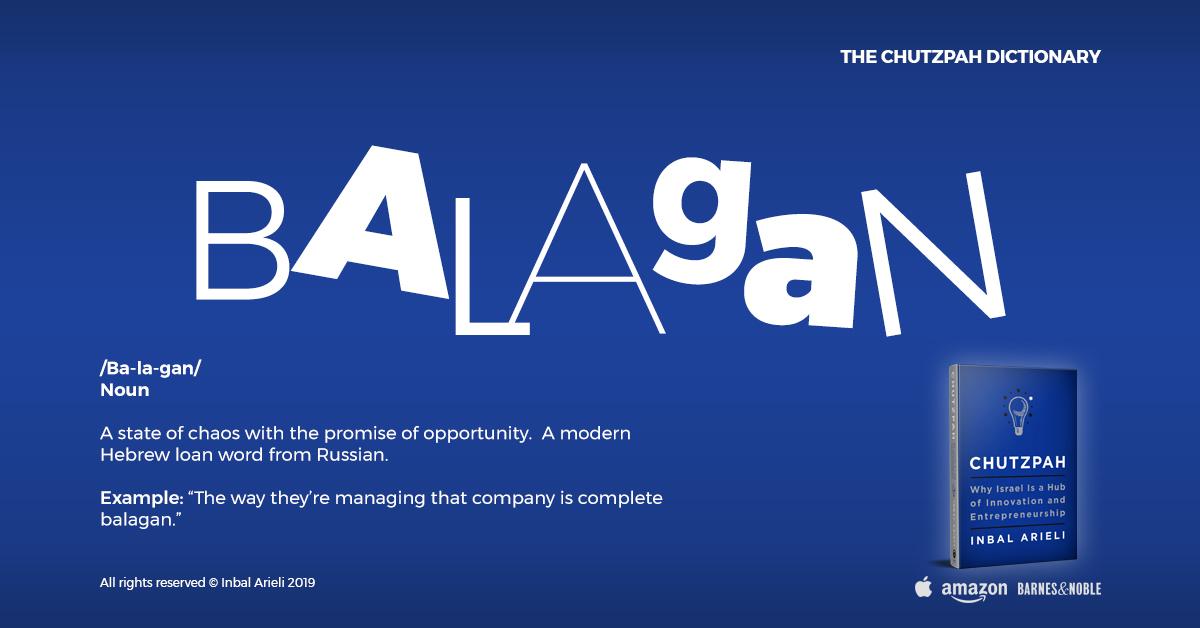
Photo by Micha Loubaton
As a true white and blue, hummus-eating, chutzpah-infused Israeli, with over twenty years of experience in the flourishing Israeli tech sector as an executive and entrepreneur, I became determined to apply my experiences and create a fresh definition of what it means to be an entrepreneur. Starting with asking myself questions such as, where does this specific character type and drive stem from? How are entrepreneurial traits beneficial to everyone? What role can modern Israel play in the global focus on entrepreneurship as a growth engine for economies?
My answers to these questions led me to share with the world my vision on what I believe are the roots of entrepreneurship, and how they can be applied anywhere, anytime.
Ten years ago, I began leading lectures on the topic of Israeli innovation to various international institutions, and later introduced these ideas to larger organizations, start-ups, global businesses and government leaders, analyzing how Israeli culture breeds risk-taking and entrepreneurship from the very ripe age of four. From the AIPAC, JFN, and various other Jewish communities, to MIT Sloan, the London Business School and INSEAD students; from the world’s largest insurance companies and healthcare providers’ executives, to the emerging tech entrepreneurs of South Korea; they are all seeking advice on how to apply and develop their own set of innovative skills. Imagine how surprised they are when I open my keynotes with an image of a standard slide in a playground? By the end of the talk they understand there is nothing standard in this slide.
The audience’s interest led me to write my first book, Chutzpah: Why Israel is a Hub of Innovation and Entrepreneurship. Writing my book was in itself an entrepreneurial venture, to which I applied the principles I discuss and analyze within the text.
In Chutzpah,I begin by analyzing and explaining how Israel, a tiny country almost the size of New Jersey, has the highest percentage of start-ups per capita worldwide and is raising generations of innovators and inventors who are bringing about massive change through innovation and disrupting markets around the globe; for example, Waze, the PillCam, Fiverr and so many more. Chutzpah reveals the ways in which Israelis parent, educate, and adjust to a variety of situations — providing invaluable tips, real-life examples, and interviews with prominent Israeli entrepreneurs and innovators, such as Dov Moran and Chemi Peres, and proven strategies for success to the audience.
For many years, the common belief was that the IDF, the Israeli Defense Force, was the reason for the entrepreneurial mindset that exists in the country. It’s partially correct. More important than the IDF, is the toolbox, the personality traits, and mindset that Israelis practice and nurture from a very young age — as young as four enjoying a slide in a playground. Risk taking, creativity, resourcefulness and team work are few examples of these traits. They then bring these qualities to the IDF at the age of 18. Living with chutzpah from a young age provides Israelis with the opportunity to constantly practice the soft skills defined by the World Economic Forum as the Skills for the Future: critical thinking, problem-solving, and decision making — key characteristics of successful entrepreneurs.
I take Chutzpah’s reader on a deeper journey into how to actually apply these cultural experiences into everyday life and strategize the lifecycle of a startup through five stages: Discovery, Validation, Efficiency, Scale and Sustainability, and Renewal.
Although the primary objective of the book is to provide insights to businesses executives and start-up founders, many of the principles described in Chutzpah can be applied to our everyday lives as human beings. Throughout the book I sprinkle in Hebrew/Israeli essence words, or staples of the sabra society, describing what it means to live in modern Israel.
Here are some of the basic Chutzpah Principles to live by in order to add some healthy chaos and problem-solving techniques into your life:
● Balagan: the constant state of chaos. In Israel, the only certain thing is uncertainty. We train for coping with chaos on a daily basis.

● Davka: to spite or to do the opposite. In other words, the majority of Israelis rarely do what they’re told. Check out this sign which says “DANGER, do not pass” in Hebrew. Looks like they’re going in anyway. Typical!

Photo courtesy of Inbal Arieli
● Tachles: the direct translation is, “Bottom Line.” Israelis are blunt. To the point. We don’t “beat around the bush” —and that is why we are so efficient in times of chaos.
● Leezrom: go with the flow and leave room for the unexpected. Too much structure can hurt you— learn to let go, and then disappointment will eventually melt away. After all, Israel did land on the moon, yes crash-landed, but that won’t stop us from giving it another try!
● Yihiye Beseder: meaning “everything will be ok,” or as Pumbaa from the Lion King says “Hakuna Matata”. If you know that everything in the end will eventually work out one way or the other, then a bump along the road will not bring you down.
If you would like to gain a more in-depth understanding of the chutzpah mindset, join me by reading the book and I’d be happy to take you on a journey through a typical Israeli childhood and beyond to show you how to unveil your own chutzpah.
More About Me:
I fostered my entrepreneurial skills during a mandatory military service, serving as a lieutenant in Unit 8200, the Israel Defense Forces’ elite intelligence corps — the equivalent of the NSA. After completing my military duties, I not only embraced leading executive roles in the Israeli tech sector, but also founded a series of programs for innovators.
Currently, I am the Co-CEO of Synthesis, a leadership assessment and development company that helps existing and future leaders reach their full potential, by providing leadership assessment and agile people development to private equity and venture capital firms, CEOs and board directors.
And most importantly, I am the mother of three Israeli boys. At home, we practice chutzpah on a daily basis.
Serial entrepreneur and former officer in the Israeli Defense Forces, Elite Intelligence Unit 8200, Inbal Arieli held numerous executive positions in leading Israeli tech companies, founded a series of programs for innovators, has led the Strategic Partnerships for Start-Up Nation Central, and is currently Founder and CO-CEO of Synthesis. She and her husband and three sons live in Tel Aviv.